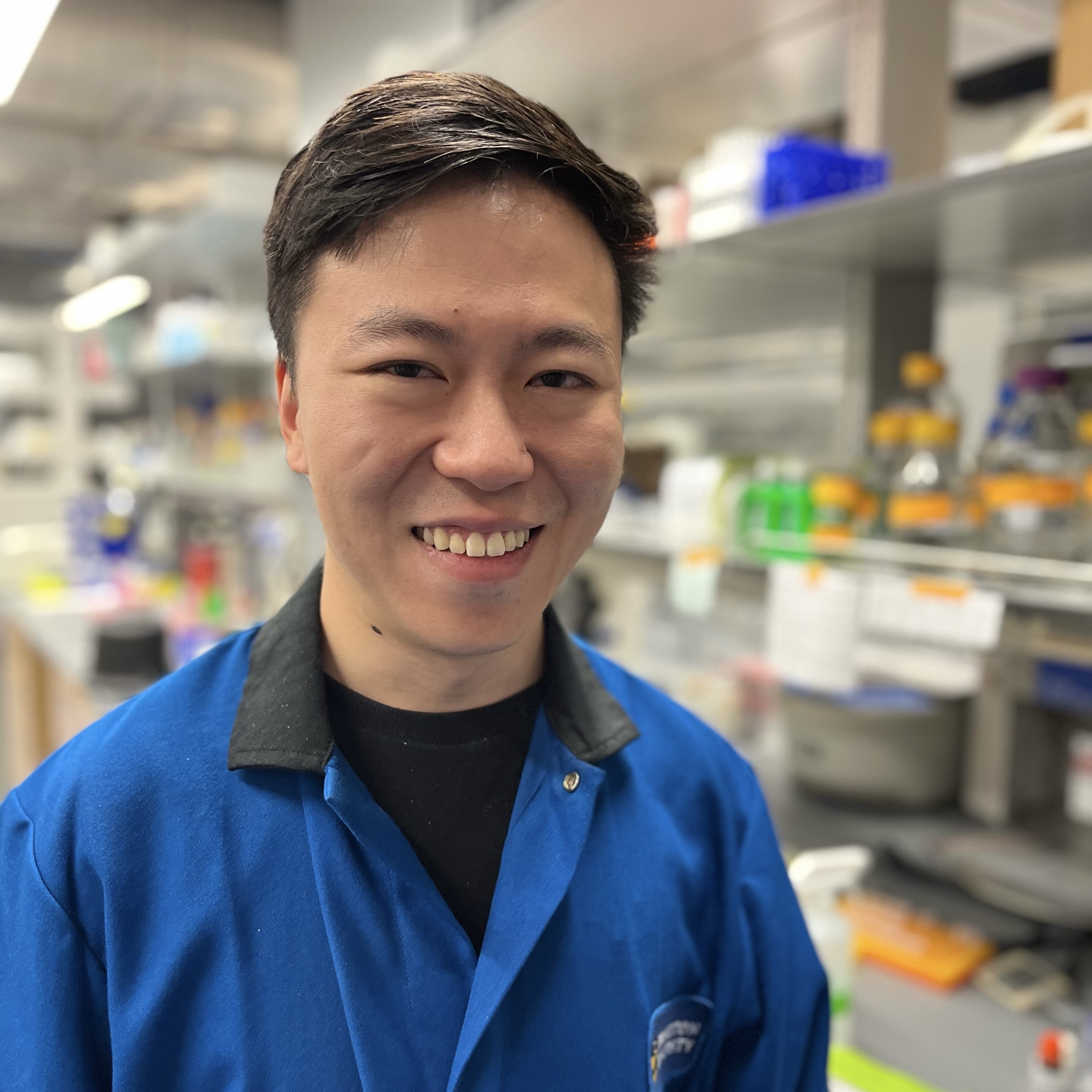Juner Zhang, PhD
Juner Zhang, PhD

In cells, DNA wraps around a protein complex consisting of proteins called histones. Chemical modifications to histones can affect gene expression, which is key to activating or suppressing cancer progression. Histone monoaminylation, in which an amine (e.g., serotonin, dopamine, or histamine) attaches itself to a histone, is a newfound type of epigenetic modification whose role remains elusive in these processes. Dr. Zhang is using chemical biology tools to study the functions of these modifications as well as their effects on other adjacent, pre-existing cancer-associated modifications. This research may establish a foundation for how this epigenetic modification regulates gene expression and offer insight into the role of amines in the progression of cancer and human neurodegenerative disorders. Dr. Zhang received his PhD from the California Institute of Technology, Pasadena and his BS from Tsinghua University, Beijing.
